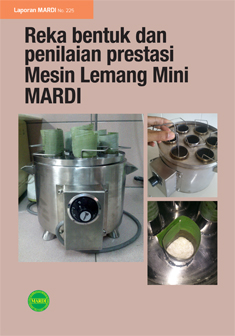M. Masri, H. Azizah, I. Mohd. Razi and A. S. Mamat
Abstract
An extremely slow growth of seedlings in the nursery and after field planting renders mangosteen (Garcinia mangostana L.) an unattractive proposition to cultivate on a commercial scale. Its poorly developed root system is considered the major cause of slow growth. A study was conducted to evaluate whether the growth of mangosteen seedlings could be enhanced by inoculation with arbuscular mycorrhizal (AM) fungi Glomus mosseae (GM) and mixed species of Glomus mosseae and Scutellospora calospora (MS) compared to uninoculated control (-M). After 18 months of inoculation, more than 60% of the total root length was infected by AM fungi. Mycorrhizal infection increased plant height by 25–34%, total dry biomass by 40–64% and net assimilation rate by 30–40% relative to the uninoculated controls. The infected plants also had 23–43% more eaves and 37–65% bigger leaf area than the uninoculated seedlings. Stomatal conductance, transpiration and chlorophyll content were also significantly improved by AM infection. Improvement in plant growth was primarily due to greater uptake of phosphorus (P). Total P uptake was 67–88% higher and root P uptake efficiency was 22–28% higher in the mycorrhizal plants compared to the controls. The P utilisation efficiency was also 9–11% higher in the mycorrhizal infected seedlings. Overall growth enhancement by AM fungi had successfully reduced the nursery period from the normal 24 months to only 18 months.
Full Text (78 KB)



